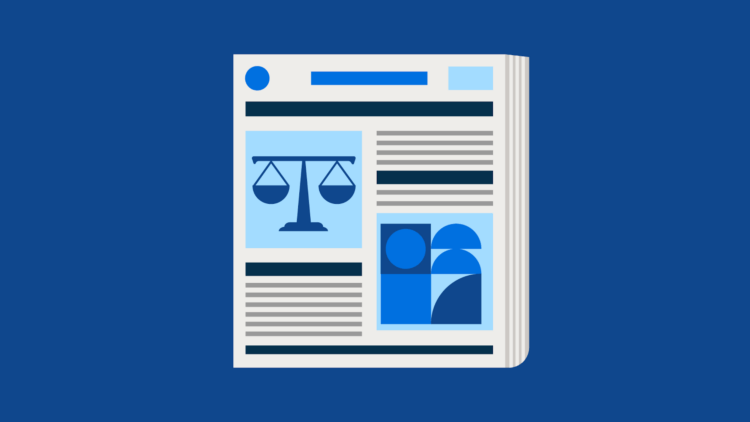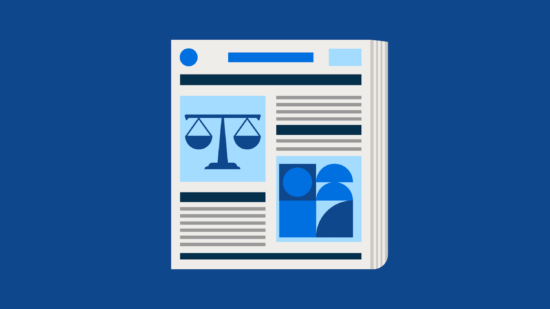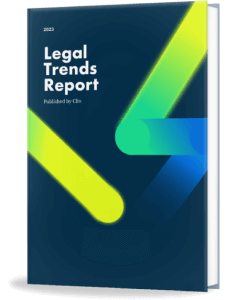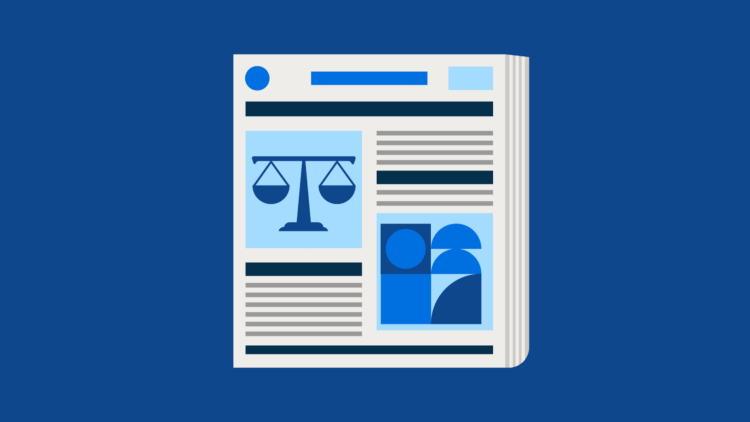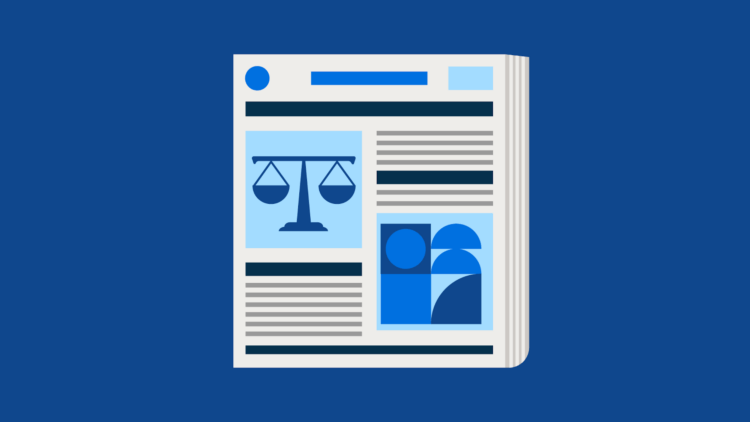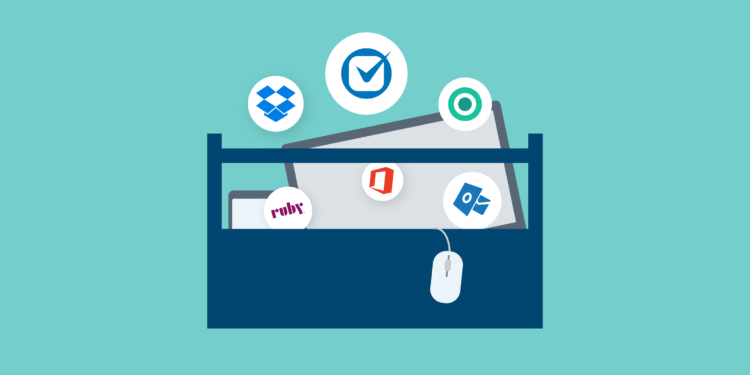When it comes to online search, Google dominates. But, with more generative artificial intelligence (AI) offerings emerging, the way we think about search and AI is shifting. Enter Google’s player in the AI chatbot field: Gemini (formerly known as Google Bard).
So, what potential value may be found in Gemini for lawyers?
With Gemini, the possibilities for lawyers—from streamlined research to next-level law firm marketing—could be groundbreaking. Below, we’ll cover what we know about Gemini so far, from what it is to how it could be a game changer for the legal industry.
And, for an in-depth guide to using artificial intelligence in your practice, be sure to check out our comprehensive guide to AI for lawyers!
What is Gemini?
Like ChatGPT, Gemini is an experimental, conversational AI-powered chatbot that responds to user-generated text prompts with text-based answers. Gemini uses information from the web to generate solutions.
Gemini can interpret and respond to various types of content, including text, video, audio, and code, allowing it to perform a wide range of tasks. As a suite of generative AI models, Gemini offers a range of different products and services designed to assist with different types of tasks. Notably, Gemini is showing up on mobile devices with functionality like Circle to Search (where you circle anything you are looking at on your phone to look it up).
Currently, Gemini is available in more than 40 languages—though Google notes it will gradually roll out to more regions.
Gemini vs. ChatGPT
While they are functionally similar, the most significant difference between Gemini and ChatGPT, at least initially, was where each chatbot sourced information. While ChatGPT sourced its information from a large body of text sources, Gemini pulled information from the web
However, ChatGPT recently released ChatGPT-4o, which understands images, can browse the web, and speaks more languages. This model brings many of the paid capabilities to the free plan.
For more information on comparisons between common AI tools, visit our post on comparing AI options for legal work.
How do you use Gemini?
If you meet certain requirements (such as having a compatible Google Account), using Gemini is simple.
Visit gemini.google.com and sign in with your Google account. Then, click “Chat with Gemini” to get started.
For example, you could ask Gemini to help you write a business tagline or outline a blog post.
Note: The more detailed and conversational your prompts are, the more likely you are to get useful results.
You may like these posts
Why Gemini is a gamechanger for lawyers

When it comes to using AI to streamline searches, Gemini has an advantage because it pulls its answers from the web—so it uses up-to-date information.
Conversely, because other AI tools pull from data inputs, they are limited to the scope and time period of the information that they’ve been fed.
These limitations would not be ideal for lawyers looking for current information, laws, and regulations.
Moreover, the potential for bias is a key ethical consideration for using AI. If the data sources used to generate answers are biased or inaccurate, for example, then the answers will also be biased or inaccurate.
Of course, relying on web data does not guarantee accuracy or freedom from bias (In fact, Google cautions: “Don’t rely on responses from Gemini Apps as medical, legal, financial or other professional advice.”)
Google Gemini for Gmail
Google is also bringing AI-powered features to apps used daily. At their I/O 2024 conference, Google announced that their AI offering, Gemini (formerly Google Bard), is coming to Gmail.
With the new Gemini AI side panel in Gmail, users can use Gemini to help draft emails, summarize email threads, and search through emails. However, TechCrunch reports that the features are available only to certain customers: Google Workspace customers with a Gemini Business or Enterprise add-on, a Gemini Education or Education Premium add-on, or a Google One AI Premium subscription.
This type of AI upgrade could deliver significant time savings for busy lawyers—making it faster and more efficient to draft or search emails while on the go. However, as with all AI tools, this type of integrated technology makes it even more important for legal professionals to be aware of their ethical obligations when using AI.
Gemini, AI, and law firm marketing
Gemini brings up another interesting question for law firms: Will consumers start using AI to find lawyers?
Internet searches are already a common method for finding lawyers. According to Clio’s Legal Trends Report, many consumers use online sources to find lawyers, with 17% using an online search engine and 17% visiting a lawyer’s website.
Web-based AI tools could take consumers’ searches a step further. For example, they could ask questions like “Who is the least-expensive family lawyer in Minnesota?” or “Which law firm in Tacoma, Washington spends the most time on charitable endeavors?”
While a typical web search gives a list of results to comb through, Gemini crawls websites, compares information, summarizes large amounts of data, and provides sources to give robust and personalized answers.
What could this mean for law firm marketing? If law firms optimize their marketing to stand out in AI searches, then they may be more visible to potential clients.
Though Gemini is still relatively new, it’s an interesting time to begin playing with tools to understand what types of Gemini searches you’re showing up in (if any). It may also be the perfect opportunity to consider how your online presence impacts AI’s perception of your business and values—so you can make adjustments to stand out in a positive way.
And, if your law firm is yet to carve out an online presence, now is the time to think strategically. With Clio Grow’s website builder, for example, you can create a professional and secure law firm website in minutes.
Gemini for lawyers: final thoughts
Gemini has the potential to unlock a realm of possibilities for law firms—from helping lawyers streamline web-based research to helping potential clients find law firms online more easily.
However, as with any technology, law firms must think critically before jumping in. As Gemini evolves, now is the time for law firms to put the tool on their radar, understand how it works, and consider ways to boost their online presence to prepare for the AI-driven searches of the future.
We published this blog post in June 2023. Last updated: .
Categorized in: Technology

